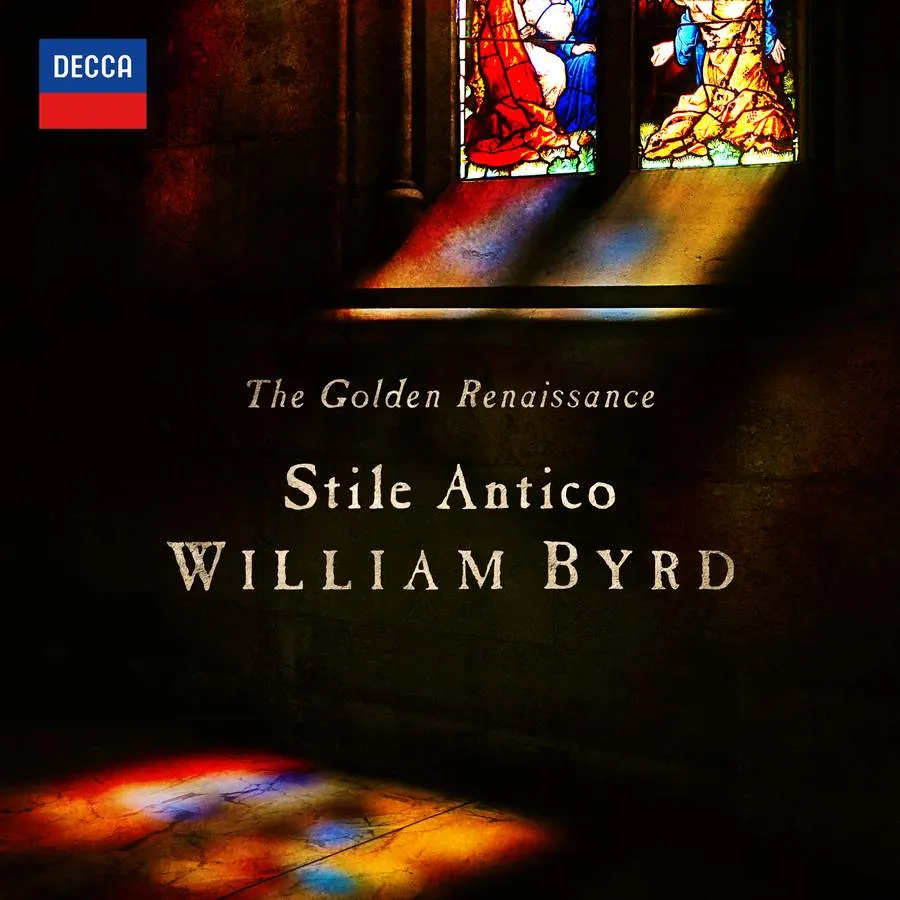
Byrd The Golden Renaissance – Mass for Four Voices; Retire, my soul, consider thine estate; Gaudeamus omnes in Domino; Assumpta est Maria; Tribue Domine etc Stile Antico Decca 485 3951 69:48 mins
There will be many recordings of Byrd’s music in this 400th anniversary year of his death, but few will match the superb balance and poise of these performances from Stile Antico. Their selection focuses on his later collections, with works from his Gradualia (1605), Psalms, Songs and Sonnets (1611) and his Mass settings of the 1590s.
The title of the volume includes the word ‘Renaissance’ but Byrd’s music has little to do with the expressiveness and assertive individualism of the period. Instead much of his music is shaped by a background, slow moving ‘harmonic breathing’ which provides the engine of its momentum. Stile Antico capture this movement perfectly in Byrd’s reflection on approaching old age, ‘Retire My Soul’ and in ‘Praise our Lord all ye gentiles’ they use contrasting dynamics to give shape. Occasionally they turn the display of the notes into fleeting pictorialisms as with the overlapping alleluias at the end of Mary’s ascent into heaven (in ‘Assumpta est Maria’), made to suggest the beating of angels’ wings.
The greatest difficulties with formal shaping come in the Mass for Four Voices that the booklet ascribes to its ‘lack of precedent or borrowing’. In fact it is modeled on Taverner’s ‘Mean’ Mass, and quotes directly from it in the Sanctus and elsewhere. It is certainly difficult to inject much shape into the long doctrinal texts of the Gloria and Credo, but in the Agnus the singers capture perfectly the sheer beauty of Byrd’s musical vision, and through their performance we do too.
Anthony Pryer